Coinbase is one of the most popular crypto exchanges in the world and is used by millions of people. The platform allows you to buy, sell, and store a variety of cryptocurrencies.
The exchange was founded in 2012 and soon began to attract new and experienced users. Coinbase operates in over 100 countries and complies with many global regulations, including Know Your Customer (KYC) and the Anti-Money Laundering (AML) laws.
But with all of its popularity, it is still common for crypto investors to ask: “Is Coinbase safe?”
With a history of hacking attempts and regulatory challenges, it’s normal for users to be worried about the safety of their crypto assets with the exchange. In this post, we’ll go over how Coinbase operates in security and whether it is right for you!
Coinbase’s Security Features
Keeping your crypto safe should be your top priority. As the price of Bitcoin, Ethereum, and other coins continue to soar, hacking attempts and phishing scams are also on the rise.
As an exchange, Coinbase has implemented a few security features to help protect your funds and personal information.
Cold Storage
Coinbase claims that a majority of customer assets, 98%, are held offline in “geographically distributed cold storage facilities”. This is specific to Coinbase.com as they hold and manage your private keys. It is not to be confused with Coinbase Wallet, which gives you the control and responsibility of guarding your private keys.
⚠️A note about Coinbase cold storage facilities: You still do not have custody of your keys and must trust that your assets are in these so-called cold facilities.
Two-Factor Authentication (2FA)
When you create a user account on Coinbase, it prompts you to activate 2FA. This means that when you log in and want to make a transaction, you will need to verify your identity with a second factor. This can be through a text message or a separate authentication app.
Coinbase Insurance
Coinbase has an insurance policy in place for digital assets that are held online. This means that if Coinbase is hacked, the insurance policy would reimburse the affected users. However, it’s important to understand that this policy does not cover transactions made falsely or in error, like falling victim to a phishing scam. To Coinbase, this is your issue and they are not responsible for your lack of cyber-threat competencies.
Biometric Login and Verification
You can log in using fingerprint or facial recognition to access the Coinbase app. Additionally, the platform states that it monitors account logins for suspicious activity and will freeze accounts if unusual behavior is detected.
Data Encryption
To help protect personal information, Coinbase uses AES-256 encryption, one of the most secure encryption standards available. This ensures that your personal data, like payment and identification details, are secure.
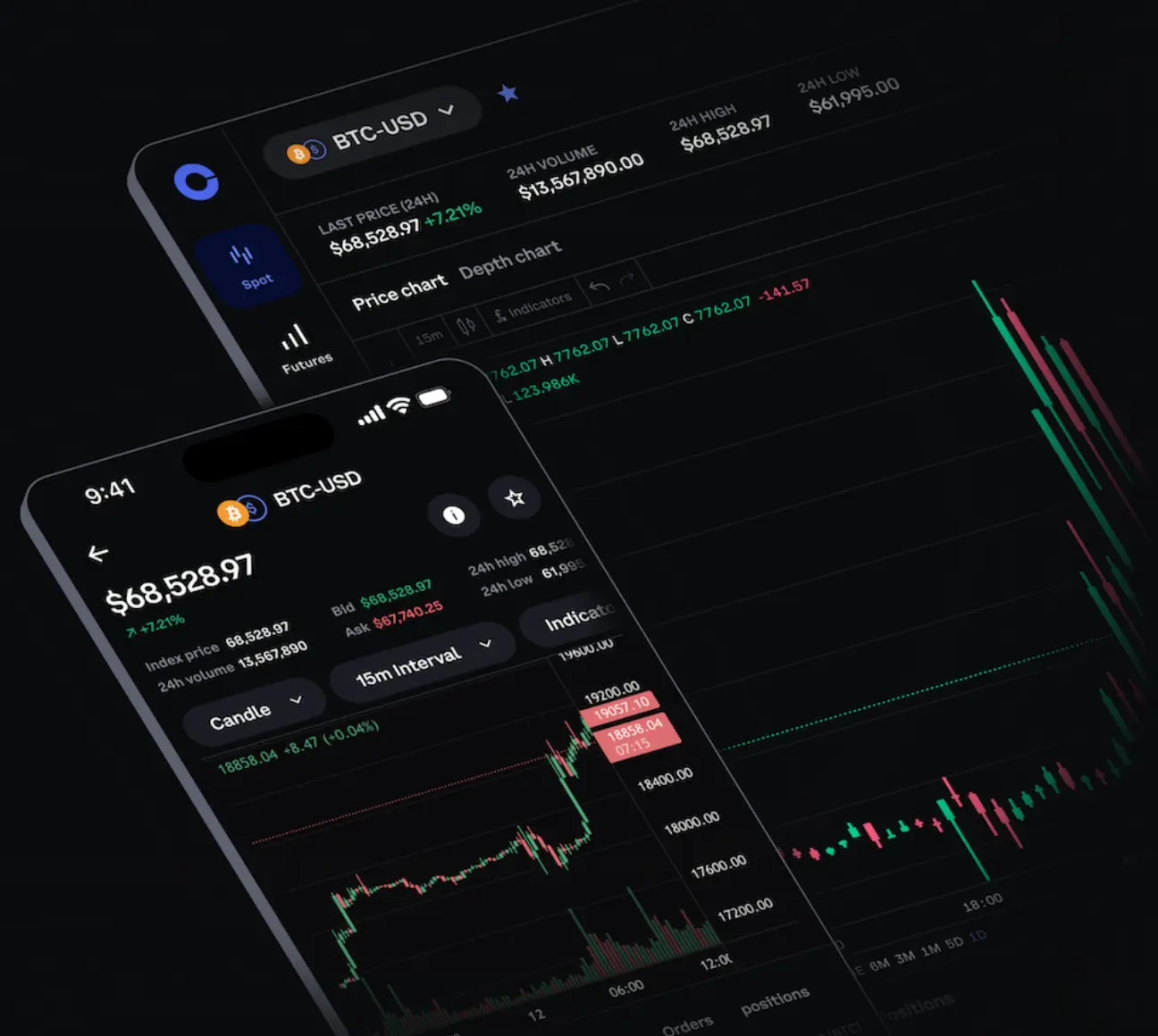
Regulatory Challenges and Compliance
Coinbase goes against the grain of crypto ideology in that it functions in a very regulated environment. Separate from the decentralization of crypto, Coinbase is centralized and works hand in hand with government regulations.
Coinbase Goes Public
In April 2021, Coinbase became the world’s largest publicly traded crypto company. This means they must provide greater financial transparency and release financial statements every quarter.
This can be viewed as a positive aspect for some because it adds a layer of security for users, but it also implies some challenges for many devoted crypto investors.
➡️Compliance with Regulations in the US: Since Coinbase is a US company, it must follow American financial regulations. It complies with Anti-Money Laundering (AML) laws, which require Coinbase to spot and report suspicious activity. Coinbase must also follow Know Your Customer (KYC) regulations, which force users to verify their identities before being able to use the platform.
These are set in place by the government to help prevent fraud and criminal activity. But depending on your view and desire to remain anonymous, this could be a factor for you not to use Coinbase.
➡️ Global Regulations: Functioning in over 100 countries globally, Coinbase must comply with a variety of rules. Some countries have strict data protection laws, like in Europe, while others have limits on crypto trading. Coinbase has been forced to adapt these regulations to function. On the other hand, Coinbase has also decided to stop offering its services in certain regions because of extreme regulatory restrictions.
SEC Lawsuit Against Coinbase
Recently, the U.S. Securities and Exchange Commission (SEC) filed a lawsuit against Coinbase, accusing the platform of engaging in “the unregistered offer and sale of securities”.
Coinbase claims that cryptocurrencies should not be classified as securities, however, U.S. District Judge Katherine Polk Failla explains: “The ‘crypto’ nomenclature may be of recent vintage, but the challenged transactions fall comfortably within the framework that courts have used to identify securities for nearly eighty years.”
This case and what it could mean for the exchange is still unfolding.
Is Coinbase a Safe Choice for You?
When deciding whether Coinbase is safe and the right choice for you, it’s important to think about your experience level and risk tolerance.
Coinbase is often regarded as a user-friendly option for new crypto users. They offer a program called “Coinbase Earn”, which allows you to earn small amounts of crypto as you learn about them through their educational resources.
For the more experienced trader, Coinbase allows you to manage large portfolios and also has a separate platform called Coinbase Pro. With the pro version, there are added security measures like multi-factor authentication (MFA), and address whitelisting.
While Coinbase offers many security features, there are still risks involved. One of the main issues is regulatory unknows as crypto laws are still changing.
Legal issues, like those mentioned before with the SEC, could also impact your crypto holdings on the exchange.
Although Coinbase invests in high-security infrastructures, there is no online exchange that can guarantee to be 100% immune from cyber threats.
Take Control of Your Crypto
Although Coinbase offers strong security protocols, keeping large amounts of cryptocurrency on any exchange is never a good idea. Online exchanges and wallets are always vulnerable to hacks and scams.
Instead, storing your crypto on a self-custodial cold wallet like Material Bitcoin is your best option for full control of your private keys and ownership of your assets.
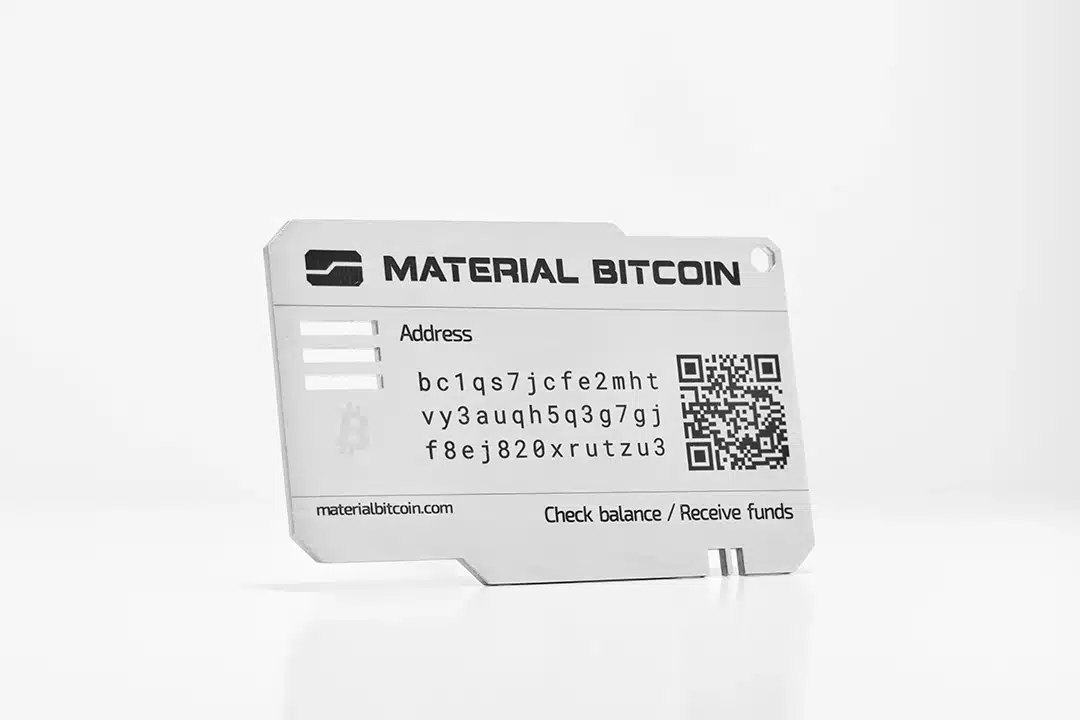
Since there is no reliance on an exchange, you never need to worry about your funds being frozen or hacked or worry about potential regulatory issues. Keeping your assets in a cold metal crypto wallet is essential for your crypto’s protection.
Key Takeaways
Although Coinbase has strong security features, it is vital to understand that no exchange is risk-free.
Yes, it is an easy-to-use platform, great for beginners and professional traders, but the main point to take away is that large amounts of crypto should never be left on an exchange.
The safest way to store your crypto is to use a self-custodial cold wallet to fully protect your investments.
FAQs
Is Coinbase safe from hacks?
- Coinbase has had many hacking issues in the past, some of which they are continuing to resolve.
What happens to my funds if Coinbase is hacked?
- Coinbase has insurance for online assets, but it doesn’t cover unauthorized access caused by user error.
How does Coinbase protect my personal information?
- Coinbase uses AES-256 encryption and complies with data protection regulations.
Can Coinbase freeze my assets?
- Yes, Coinbase can freeze your assets during investigations or if required by regulatory authorities.
How does Coinbase compare to hardware wallets?
- Hardware wallets like Material Bitcoin offer more control and security by keeping your assets offline.

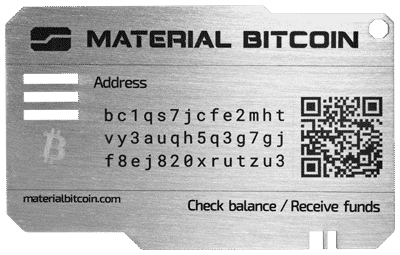
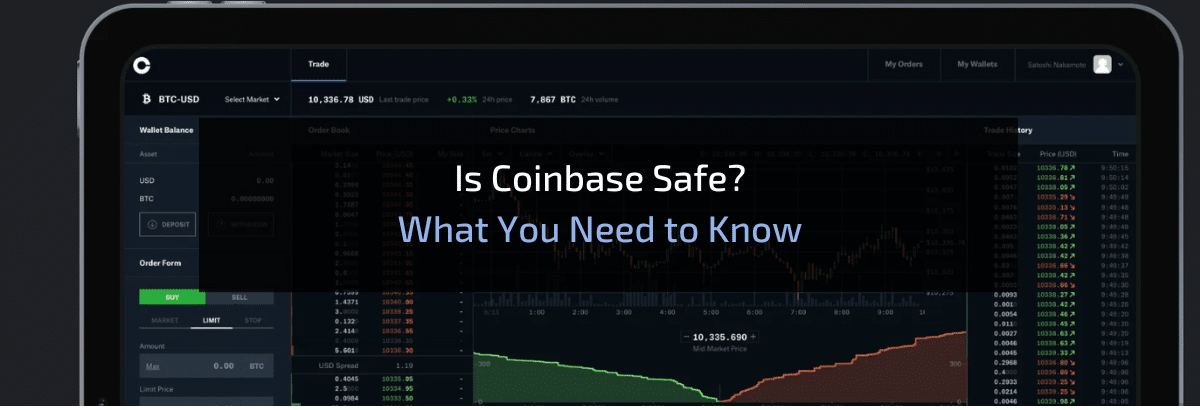
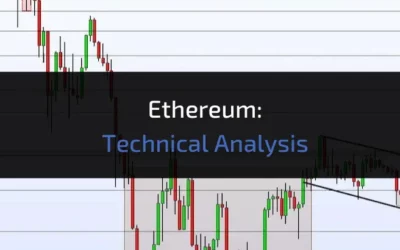



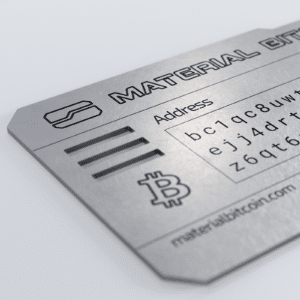

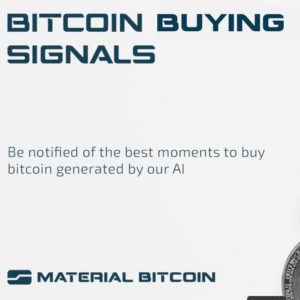
0 Comments